Contact
igus® Ltd.
| General features | Unit | iglidur® X6 | test method |
| Density | g/cm³ | 1,53 | |
| Colour | darkblue | ||
| Max. humidity absorption at 23°C/50% R. H. | % weight | 0,1 | DIN 53495 |
| Max. water absorption | % weight | 0,5 | |
| Coefficient of surface friction, dynamic, against steel | µ | 0,09 - 0,25 | |
| PV values max. (dry) | MPa x m/s | 1,35 | |
Mechanical properties |
|||
| Bending E-module | MPa | 16.000 | DIN 53457 |
| Tensile strength at +20 °C | MPa | 290 | DIN 53452 |
| compressive strength | MPa | 190 | |
| Maximum recommended surface pressure (20° C) | MPa | 150 | |
| Shore D hardness | 89 | DIN 53505 | |
Physical and thermal properties |
|||
| Max. long term application temperature | °C | +250 | |
| Max. short term application temperature | °C | +315 | |
| Upper short-term ambient temperature1) | °C | +315 | |
| Lower application temperature | °C | -100 | |
| Heat conductivity | W/m x K | 0,55 | ASTM C 177 |
| Coefficient of thermal expansion (at 23° C) | [K-1 x 10-5] | 1,1 | DIN 53752 |
Electrical properties2) |
|||
| Specific forward resistance | Ωcm | < 105 | DIN IEC 93 |
| Surface resistance | Ω | < 103 | DIN 53482 |

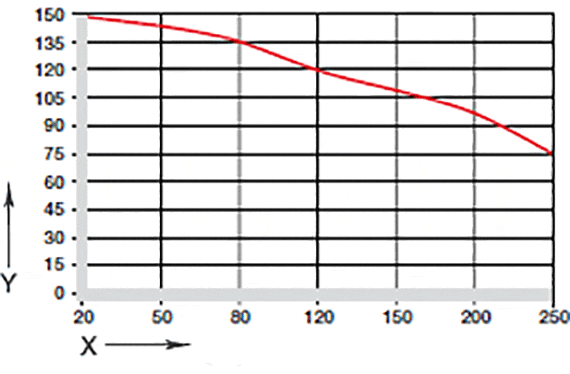
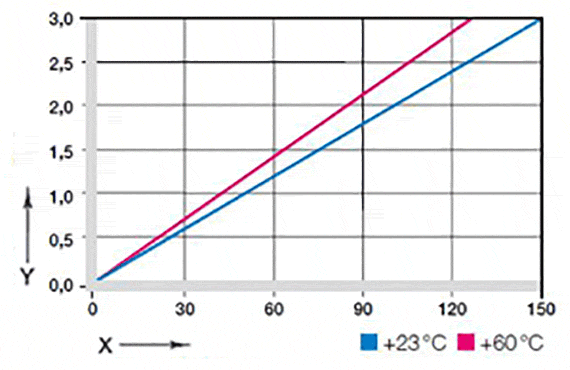
| m/s | Rotary | oscillating | Linear |
| Constant | 1,5 | 1,1 | 5 |
| Short-term | 3,5 | 2,5 | 10 |
| iglidur® X6 | Operating temperature |
| Lower | –100°C |
| Upper, long-term | +250 °C |
| Upper, short-term | +315 °C |
| Secure axially in addition | +165 °C |
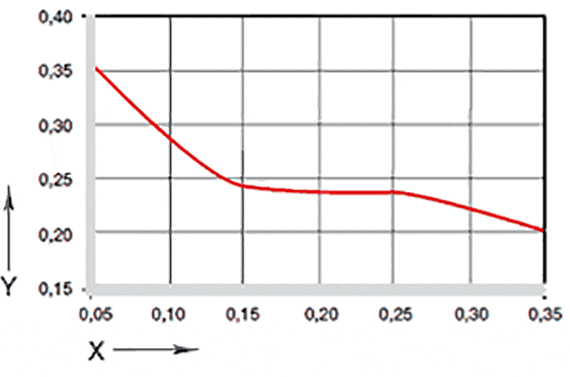
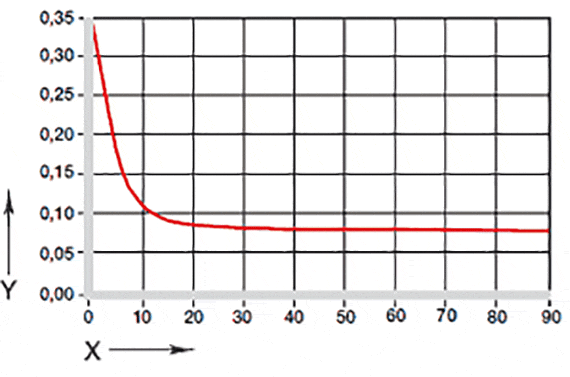
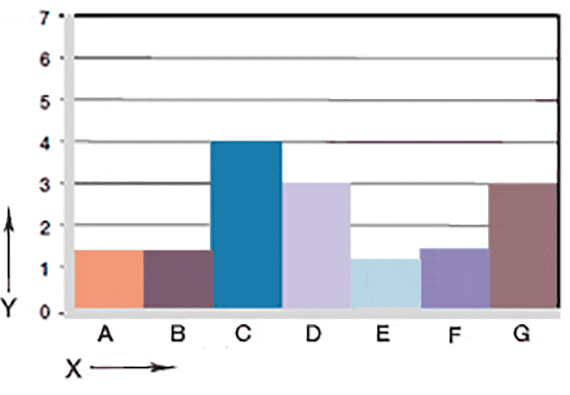
| iglidur® X6 | Dry | Grease | Oil | Water |
| Coefficients of friction μ | 0,09–0,21 | 0,09 | 0,04 | 0,04 |
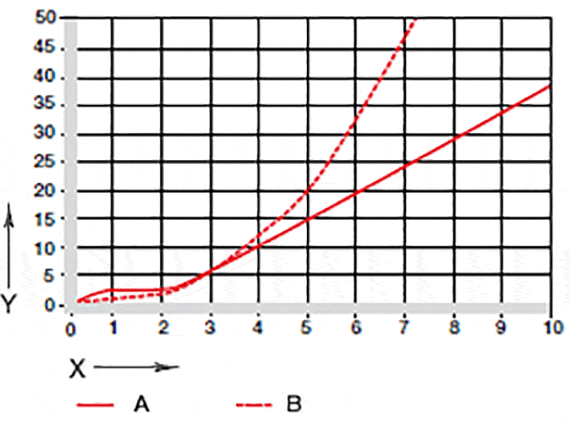
| Medium | Resistance at 20°C |
| Alcohols | + |
| Hydrocarbons | + |
| Fats, oils, without additives | + |
| Fuels | + |
| Diluted acids | + |
| Strong acids | + |
| Diluted bases | + |
| Strong bases | + |
| Specific forward resistance | < 105 Ωcm |
| Surface resistance | < 103 Ω |
| Maximum moisture absorption | |
|---|---|
| at +23 °C/50 % r.F. | 0,1 weight-% |
| Max. water absorption | 0,5 weight-% |
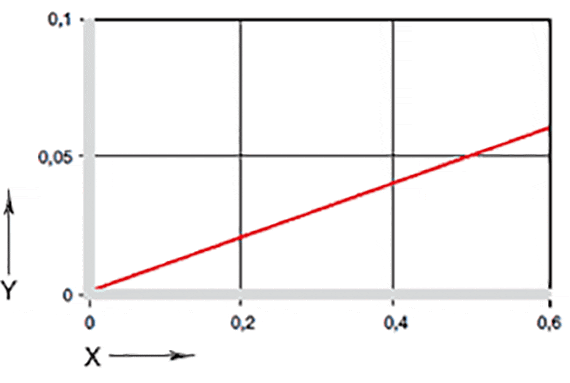
| Diameter
d1 [mm] | Shaft h9
[mm] | iglidur® X6
F10 [mm] | Housing H7
[mm] |
| Up to 3 | 0 - 0,025 | +0,006 +0,046 | 0 +0,010 |
| > 3 to 6 | 0 - 0,030 | +0,010 +0,058 | 0 +0,012 |
| > 6 to 10 | 0 - 0,036 | +0,013 +0,071 | 0 +0,015 |
| > 10 to 18 | 0 - 0,043 | +0,016 +0,086 | 0 +0,018 |
| > 18 to 30 | 0 - 0,052 | +0,020 +0,104 | 0 +0,021 |
| > 30 to 50 | 0 - 0,062 | +0,025 +0,125 | 0 +0,025 |
| > 50 to 80 | 0 - 0,074 | +0,030 +0,150 | 0 +0,030 |